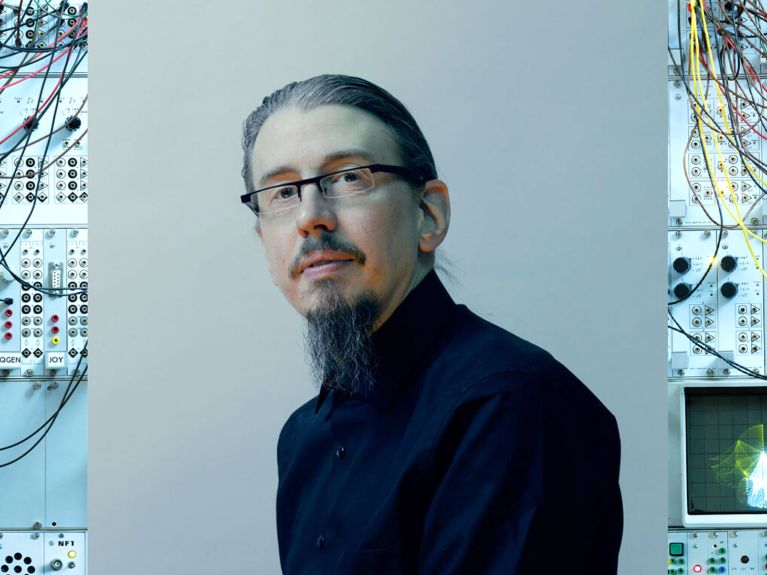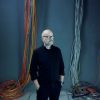The end of digitalisation?
Germany is relying on disruptive innovation. We present four ideas on the threshold of realisation. Part 3: analogue computers

Probably no other technology has changed our world as much as the digital computer. And yet the epistemological principle on which it is based is only one way of interpreting reality. Bernd Ulmann, a professor of informatics, puts it like this: you chop a problem up into many thin slices and solve the problem step by step under the central control of a precisely defined set of instructions: the algorithm. The necessary instructions are stored in the computer’s memory for this purpose.
Although this process has been extremely successful, it has reached its limits. One is the enormous energy consumption caused by the billions of arithmetic operations that a computer has to carry out every second to calculate complex problems. You cannot keep increasing the billions of parallel computing units that make supercomputers so fast: it is essentially impossible to make them smaller than the atoms used to build their circuits.
Analogue computers resemble neuronal networks
That is why Ulmann plans to revive the analogue computer, a kind of computer that calculates in a completely different way and was actually the dominant form from the early 1940s until the 1970s when it came to complex scientific questions. The informatics specialist explains that where a digital computer only has a few arithmetic units that process very simple instructions extremely fast, an analogue computer consists of a large number of computing elements – from a few dozen to thousands and in future even millions, which are connected together. Instead of proceeding step by step and moving billions of bits back and forth, to a certain extent the problem is reproduced electronically in the circuitry. The result is then read out by taking a measurement.
Analogue computers thus resemble biological neural circuits like the brain, which can process enormous amounts of data without consuming more energy than a 30-watt light bulb. That’s also why Ulmann envisages the main area of application as the field of artificial intelligence, which imitates network structures of this kind. Used intelligently, such machines would be far superior to digital computers.
Unlike traditional analogue computers, which are connected using innumerable cables, Bernd Ulmann is working on an analogue computer chip on which individual circuits are freely configurable. It would be controlled using a digital computer that combines with the analogue computer to form a hybrid system. Ulmann explained to faz.net: “Analogue computers are the natural next step in developing our computer systems to realise higher and higher performance while simultaneously achieving greater and greater energy efficiency.”
You would like to receive regular information about Germany? Subscribe here:


